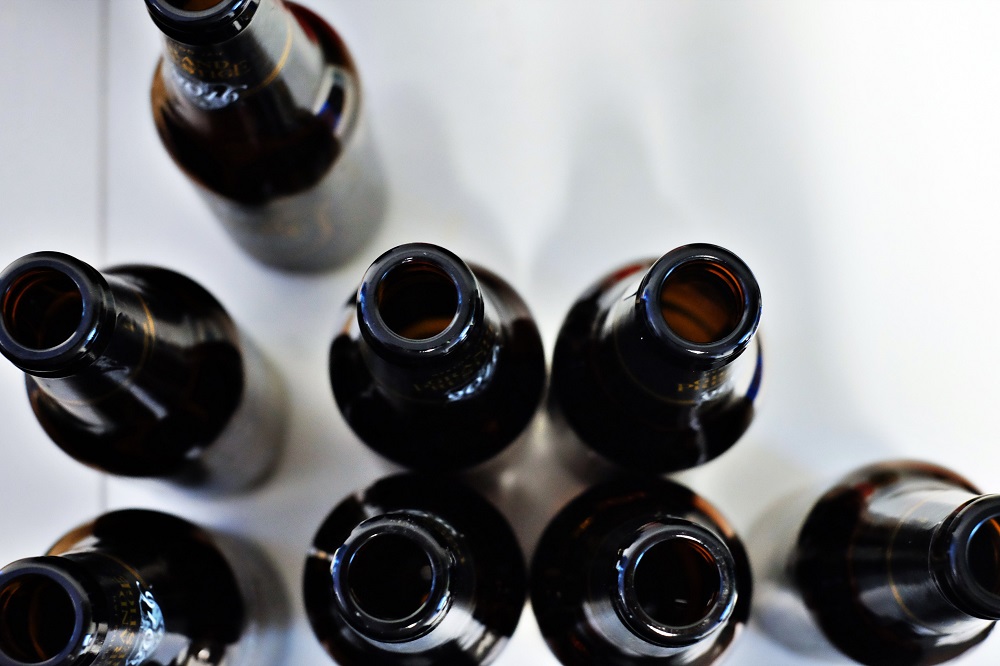Wales launches first national action plan to support and treat alcohol-related brain damage

Deputy Minister for Mental Health and Wellbeing, Lynne Neagle has published the first national framework for prevention, diagnosis, treatment and support for alcohol-related brain damage (ARBD).
Launching the framework at the end of Alcohol Awareness Week, which this year has focussed on the theme of alcohol and relationships, the aim is to raise awareness of the impact ARBD can have on people and their loved ones.
ARBD describes a spectrum of conditions characterised by chronic cognitive impairment due to changes in the structure and function of the brain attributed to excessive alcohol consumption over time.
The umbrella term of ARBD includes conditions such as alcohol related dementia and Wernicke–Korsakoff syndrome, which develop slightly differently but can present similarly.
According to Alcohol Change UK, the symptoms of ARBD vary but include problems with cognitive functioning (thinking and understanding) and memory, alongside physical symptoms.
Most people with ARBD will experience some rather than all of them, depending on which part of the brain is damaged and how badly it has been affected, and many symptoms can improve or be managed over time with proper care and treatment.
Excessive
It is estimated that around 35% of dependent drinkers experience one or more form of ARBD, and that with 25% showing signs of other brain trauma, diagnosis can be difficult and may carry with it some stigma.
The condition primarily affects those men over 50 and women over 45 with a history of excessive drinking, and often from a low socio-economic status.
Long-term excessive drinking in men is categorised as 50+ units of alcohol a week, and for women it’s more than 35 units of alcohol a week for a period of five years or more.
In terms of drinks, that equates to 5 bottles of wine or 20 pints of lager in a week for a man, and just less than 3½ bottles of wine or about 14 pints of lager per week for a woman.
The recommended maximum alcohol use for adults (men or women) in the UK is 14 units per week, ideally spread over three or more days and with at least two alcohol-free days each week.
Consultation
The framework was developed by Public Health Wales following a public consultation earlier this year, in a bid to offer health and social care providers guidance on how they should respond to those effected by alcohol-related damage and how to enable the wider community to support people with ARBD.
In the long-term, the framework hopes to establish dedicated ARBD services within each health board, offering access to a range of services including psychologists and occupational therapists.
Social care and third sector organisations also play a vital role in the care of individuals who have ARBD, providing those who need it with good accommodation and wider community support.
Lynne Neagle said: “Supporting those with an alcohol-related brain damage is something that needs involvement from a wide range of organisations. We want to raise awareness across communities and organisations to ensure people have access to services and are treated in a timely manner.
“The framework provides guidance and a joined-up approach for all those involved in helping those with ARBD. I would like to thank Public Health Wales and the many experts in the field for their input into this piece of work.
“It’s important that we also raise awareness of the harms alcohol can have on individuals and their families and for them to recognise support is available if needed.”
Under-diagnosed
Josie Smith, Head of Substance Misuse in Public Health Wales, said: “We very much welcome the publication of the Treatment Framework for Alcohol-Related Brain Damage in Wales.
“We know that this condition has to date been under-diagnosed in the UK, is non-degenerative if the patient is able to stop drinking alcohol and, with the appropriate support, the majority of individuals can achieve some degree of recovery.
“In addition, and with the right preventative and early engagement initiatives, fewer individuals and their families may be affected. This guidance represents a comprehensive and innovative pathway to achieve these outcomes.”
For more information, help and resources click here.
Support our Nation today
For the price of a cup of coffee a month you can help us create an independent, not-for-profit, national news service for the people of Wales, by the people of Wales.






